Get Optimal Treatment of Diabetic Retinopathy in Mumbai at Pristyn Care
At Pristyn Care, we provide the best diabetic retinopathy treatment in Mumbai. Our wide range of services includes all-inclusive retinal care. Thus, we provide optimal treatment for diabetic retinopathy, retinal detachment, and diabetes-related glaucoma.
Our experienced eye doctors conduct a comprehensive eye examination to detect the severity of diabetic retinopathy to devise a treatment plan. By using the best techniques, we provide both medical and surgical treatment options to our patients.
If you are a diabetic person with vision problems, book your free appointment with the best eye doctors in Mumbai and consult them to manage diabetic retinopathy.
Stages of Diabetic Retinopathy
Due to excessive levels of blood sugar, the blood vessels that nourish the retina gets blocked. Hence, the retina’s blood supply is cut off. In turn, the eye attempts to grow new blood vessels that don’t develop properly and start leaking. This phenomenon is termed diabetic retinopathy, which occurs in the following stages-
- Mild Nonproliferative Retinopathy- This is the earliest stage where tiny blood vessels in the retina start to change and swell, leading to microaneurysms. Fluid may also start to leak out from the vessels into the retina.
- Moderate Nonproliferative Retinopathy– As the condition progresses, the blood vessels responsible for keeping the retina healthy start to swell and change shape. The blood circulation to the retina stops and it changes the structure internally. These swollen blood vessels can trigger diabetic macular edema.
- Severe Nonproliferative Retinopathy- In this stage, the blood vessels entirely get blocked and fresh blood supply stops. In the areas where the blood supply is halted, a special protein called growth factors activates to grow new blood vessels.
- Proliferative Diabetic Retinopathy- This is the most serious and advanced stage of diabetic retinopathy. New blood vessels start to grow in the retina and vitreous humor. These new blood vessels are fragile and lead to the formation of scar tissues that can detach the retina from the back of the eye (retinal detachment). If the new blood vessels interfere with or prevent the normal outflow of the eye fluids, it can cause pressure buildup that can damage the optic nerve, leading to glaucoma. In both scenarios of retinal detachment and glaucoma, the results can be permanent blindness.
To preserve your vision, it is crucial that you get your eyes checked frequently, especially if it is difficult for you to manage diabetes.
How to prevent diabetic retinopathy?
Typically, it’s not always possible to prevent diabetic retinopathy. However, you can take certain measures to prevent the condition from progressing and resulting in vision loss.
Here are some things you should do-
- Always manage your diabetes. Eat healthy foods and include physical activities in your daily routine. Also, take oral diabetes medications or insulin as directed by your doctor.
- Monitor your blood sugar levels. Check the levels multiple times a day, especially if you are sick or under stress.
- Ask the doctor for a glycosylated hemoglobin test. Also known as the hemoglobin A1C test, this test is used to predict the average blood sugar levels over a 2 to 3-month period. The levels should be under 7%.
- Keep your blood pressure and cholesterol in control. To do this, try losing excess weight, eat healthy foods, and consult your doctor if some medications can be prescribed to keep the BP and cholesterol regulated.
- Quit smoking or tobacco use completely, as smoking can increase the risk of diabetes complications, including diabetic retinopathy.
- Always pay attention to your vision. You should get your eyes checked whenever you notice vision changes or other problems like blurriness, spotty, or hazy vision.
You should take an active role in diabetes management to reduce the chances of developing diabetic retinopathy and other diabetes-related eye problems.






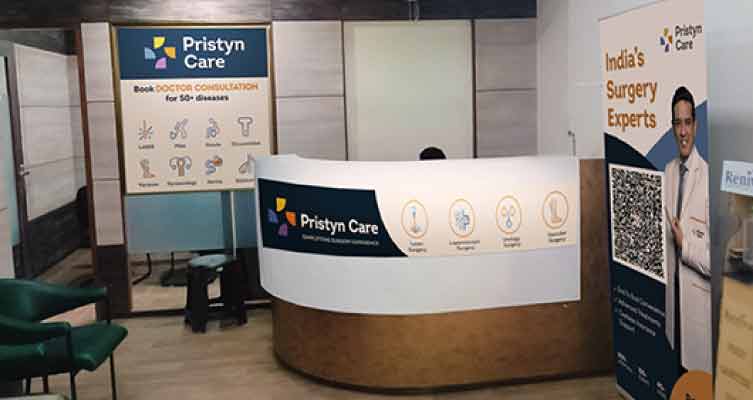
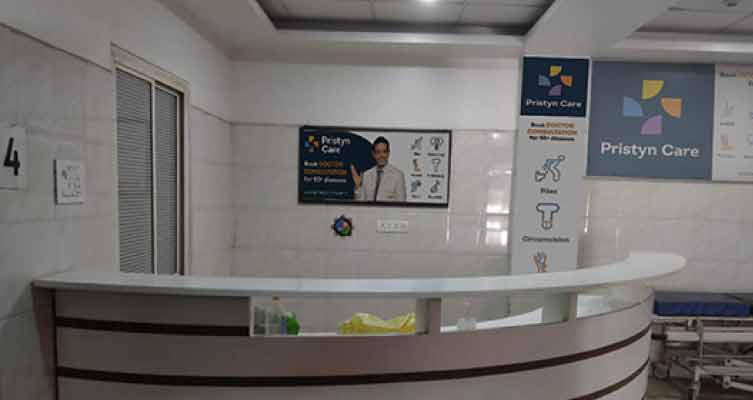
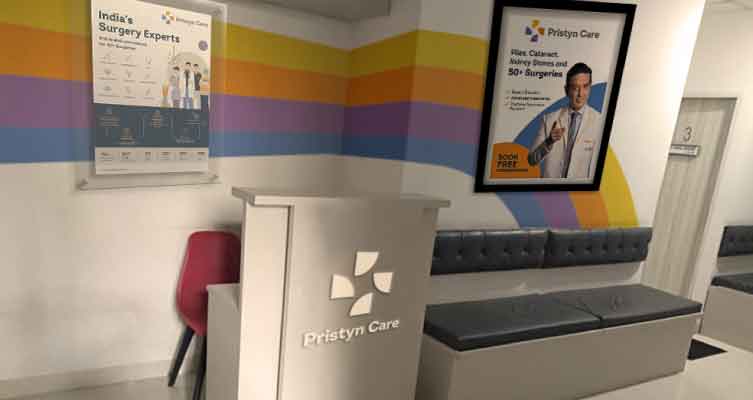
Pristyncare%20Clinic.webp)
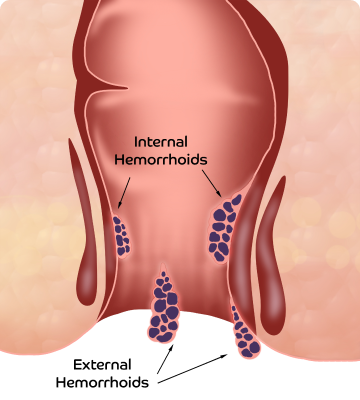
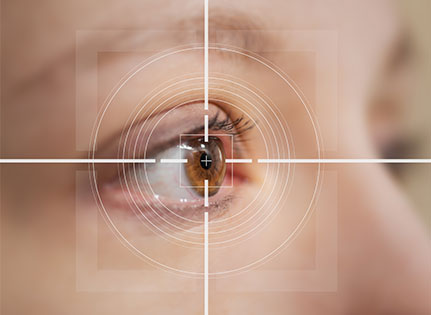
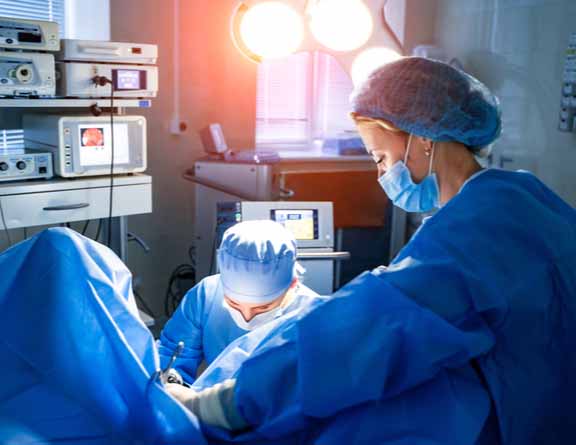
.svg)









